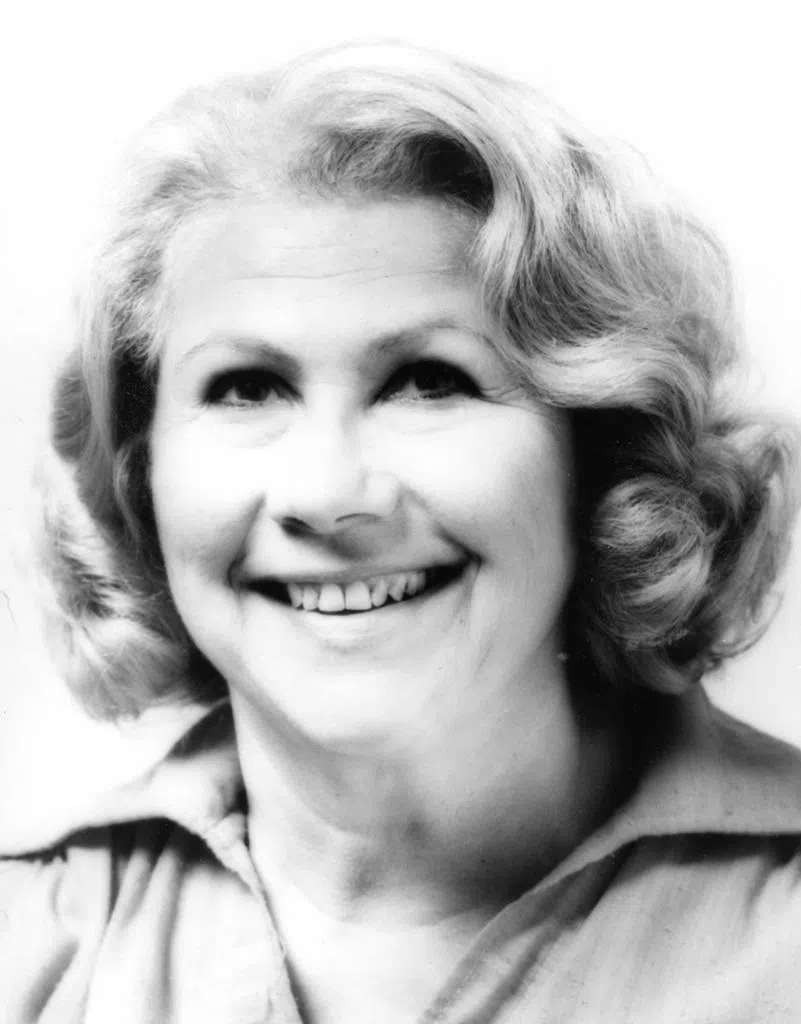
Figure skating coach Ellen Burka leaves behind legacy of tough love
TORONTO — It wasn’t enough for Ellen Burka’s students to perform to music, she needed them to feel it.
Those who trained with the Canadian hall of fame figure skating coach, who died Monday at the age of 95, say she helped revolutionize the sport by adding drama and passion to her skaters’ performances and demanding that they achieve the potential she saw in them.
“Her background was always about being artistic, artistry. She loved that part of skating. That was her thing,” said three-time world champion Elvis Stojko, who trained with her between the ages of nine and 15. “Even when I was a kid growing up, working with her in my formative years, it was really imperative, it was all about connecting with the music.
“She loved music, she loved that marriage of the two, that self-expression. That really came out in the work that she did and the skaters she worked with.”


